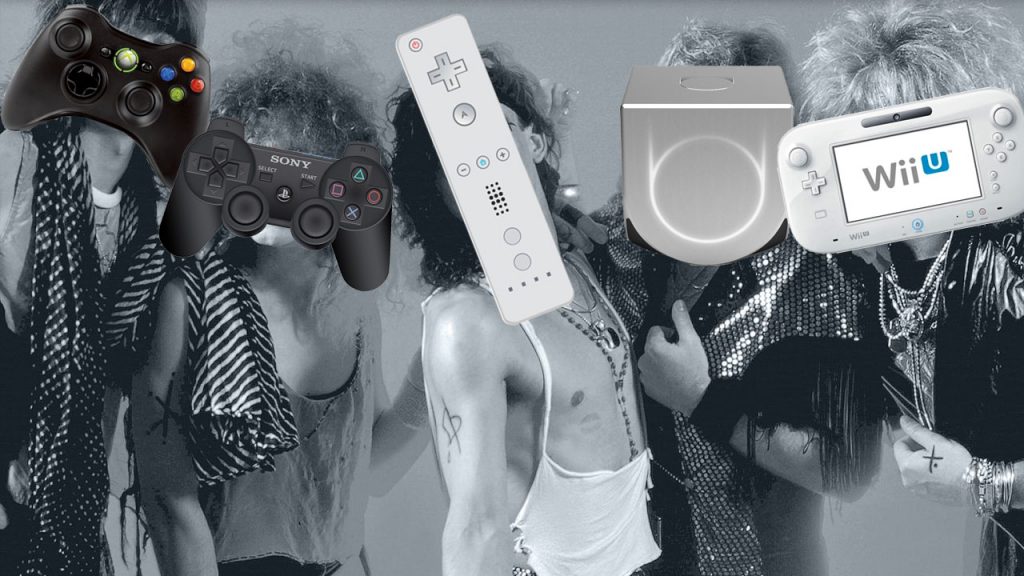There was something strange that happened in the 1980’s with music, where it kind of felt like anything was possible and there were a lot of bands that were getting picked up by the still new medium that was television music networks like MTV. Glam Bands like Ratt, Warrant, Motley Crue and Whitesnake were all of the rage, selling out arenas across the United States and playing packed shows across parts of Europe, Asia and South America. For a lot of those bands, they were just riding the wave and weren’t sure that it would ever die.
Then things happened, the times changed and the advent of the grunge bands, the anti-Glam Bands, came about with a fresh new attitude and music that spoke more to the youth of that generation. The songs weren’t just about loose women, drugs and rock ‘n roll, but about real world struggles and problems that everyone could relate to. It was the death of the glam band phenomenom as we knew it. While some of those bands might still be touring, playing shows and releasing albums, without a doubt they are not doing it on the same level as they were in the 1980s. The 1990’s “Grunge Movement” effectively rendered them as goofballs in spandex with too much hairspray.
In gaming we are seeing another possible extinction event on the horizon with the home game consoles. For as long as videogames have existed we’ve seen home gaming consoles exist, selling tons of units and then moving tons of software to play on those consoles, thus creating this industry that we know and [somewhat] love in the videogame industry. Videogames have benefited with advances in technology over time, but at some point, the home console as we know it might itself become outdated.
Activision recently warned investors about the “uncertain future” that the PlayStation 4, Xbox 720 and Wii U bring with them, as we’ve already seen struggling Wii U sales. On top of that, we’ve seen game companies have growing financial troubles at every level of the industry, from the little developers all the way up to the giants like Activision, EA and THQ (who is now out of business). Technology is advancing as is the needs of the consumers, which is going to drastically change the market in the near future.
While the quality of the games available on mobile phones and tablets might not be up to snuff with your AAA titles on your console by any stretch of the imagination, these devices are becoming a standard worldwide. They are used for communication primarily, but have also morphed into powerful mobile entertainment platforms and they did so almost in the blink of an eye. They are expensive, but consumers have no problem in upgrading these technologies almost every two years now, if not more. It is a stark contrast from what we see with game consoles.
Why should a consumer spend money on a device that is used primarily for entertainment when there are a growing number of options for entertainment on the devices that they use everyday? As soon as game developers start taking mobile devices more seriously as gaming platforms and creating games beyond the reach of endless runners, tower defense and slingshot games we might actually see mobile devices become viable gaming platforms.
Just like in the 1990’s people found it difficult to connect with the ignorance of glam bands, there might come a time in the near future where consumers scoff at the idea of purchasing something like a game console when they can find what they are looking for elsewhere.
